The ongoing 16th BRICS Summit in Kazan, Russia, (22nd – 24th October 2024) aims to provides a platform for the leaders to discuss a wide range of topics under the theme “Strengthening Multilateralism for Just Global Development and Security,”
Chinese President Xi Jinping and Russian President Vladimir Putin were among the world leaders with whom Indian Prime Minister Narendra Modi had high-profile discussions during the 2024 Brics Summit. Being the first official bilateral talks between Modi and Xi in five years, their conversations were especially significant.
Russian President Vladimir Putin, during the 16th BRICS Summit, suggested establishing a BRICS grain exchange that could eventually expand to include trade in other commodities, Reuters reported. This exchange would help safeguard trade among BRICS countries and other nations in the Global South from extreme price fluctuations. Putin advocated for the establishment of a BRICS Artificial Intelligence alliance aimed at regulating the AI industry and setting ethical norms.

During BRICS Summit 2024, Indian PM Modi underscored importance of not allowing differences on boundary-related matters to disturb peace, said MEA on India-China meet. After four years of discussions, a border agreement was concluded between China and India. Disengagement along the Line of Actual Control (LAC) in eastern Ladakh is the main objective of this accord. Enhancing patrolling rights in the Demchok and Depsang Plains regions is the goal of the agreement.
“China and India should strengthen communication and cooperation,” Chinese President Xi Jinping stated, according to AFP, which cited China’s official media. He stated that the two parties should improve their collaboration and communication, manage their disagreements and divergences appropriately, and fulfill each other’s aspirations for growth.
Additionally, he urged the BRICS countries to strengthen their economic and financial cooperation, highlighting the growing need of changing the global financial system.

Congratulating President Putin on successful Presidency of BRICS over the last one year, PM Modi quoted “Our meeting is taking place at a time, when the world is facing several pressing challenges such as wars, economic uncertainty, climate change and terrorism. The world is talking about the North South divide and the East West divide.
Preventing inflation, ensuring food security, energy security , health security, water security, are matters of priority for all countries in the world.
Prime Minister Narendra Modi also addressed that climate change should be viewed as a ‘common priority’ among partner nations and showcased the initiatives India has undertaken in this regard. Talking about tensed global political scenario, he called for a”single-minded” focus and “firm support” from all nations in the fight against terrorism, insisting that there is no room for “double standards” in addressing this issue. At the BRICS Summit, Prime Minister Modi emphasized the significance of cybersecurity rules, saying, “We should work for global regulations for cybersecurity and safe, secure AI.”
According to AFP, Brazilian President Luiz Inacio Lula da Silva warned that the ongoing battles in the Middle East and Ukraine could “become global” and called for the “avoidance of escalation” in his speech at the BRICS Summit in Russia on Wednesday.

In addition to demanding the release of hostages from both sides and denouncing Israel for its military activities that have caused numerous civilian lives, Brics leaders on Wednesday urged for an immediate and lasting truce in the Gaza Strip. The Kazan Declaration, which was adopted at the 16th summit, placed a strong emphasis on the growing war in West Asia.
Key Takeaways
The 16th BRICS Summit at Kazan has demonstrated that BRICS continues to evolve as a powerful force in shaping global governance and international cooperation. From Putin’s innovative proposals for a BRICS grain exchange to Modi’s emphatic calls for unified action against terrorism, the summit highlighted both the challenges and opportunities facing this influential bloc. As the world grapples with conflicts, economic uncertainties, and technological advances, the decisions made in Kazan may well serve as stepping stones toward a more balanced and multilateral world order. The summit’s outcomes, particularly the historic India-China border deal and the unified stance on the Gaza conflict, suggest that despite their differences, BRICS nations remain committed to finding common ground in pursuit of global stability and development.




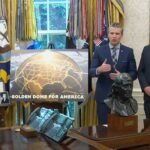
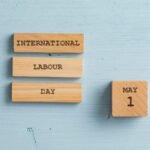





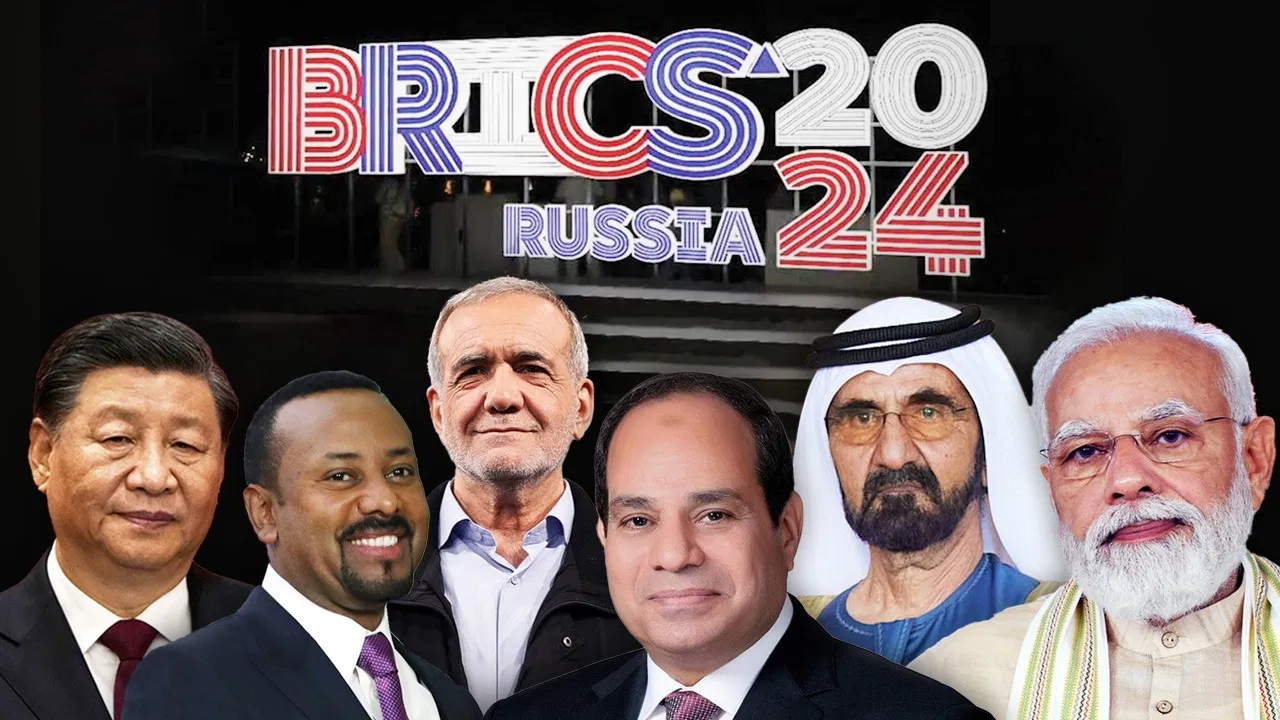
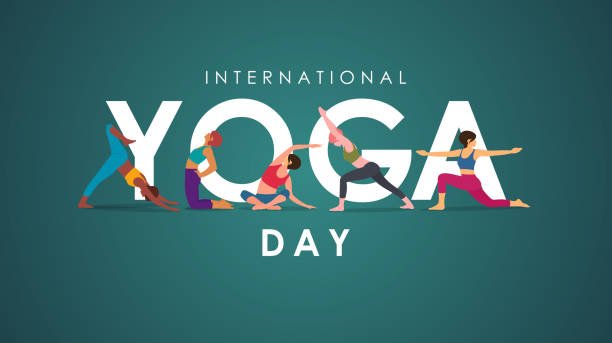

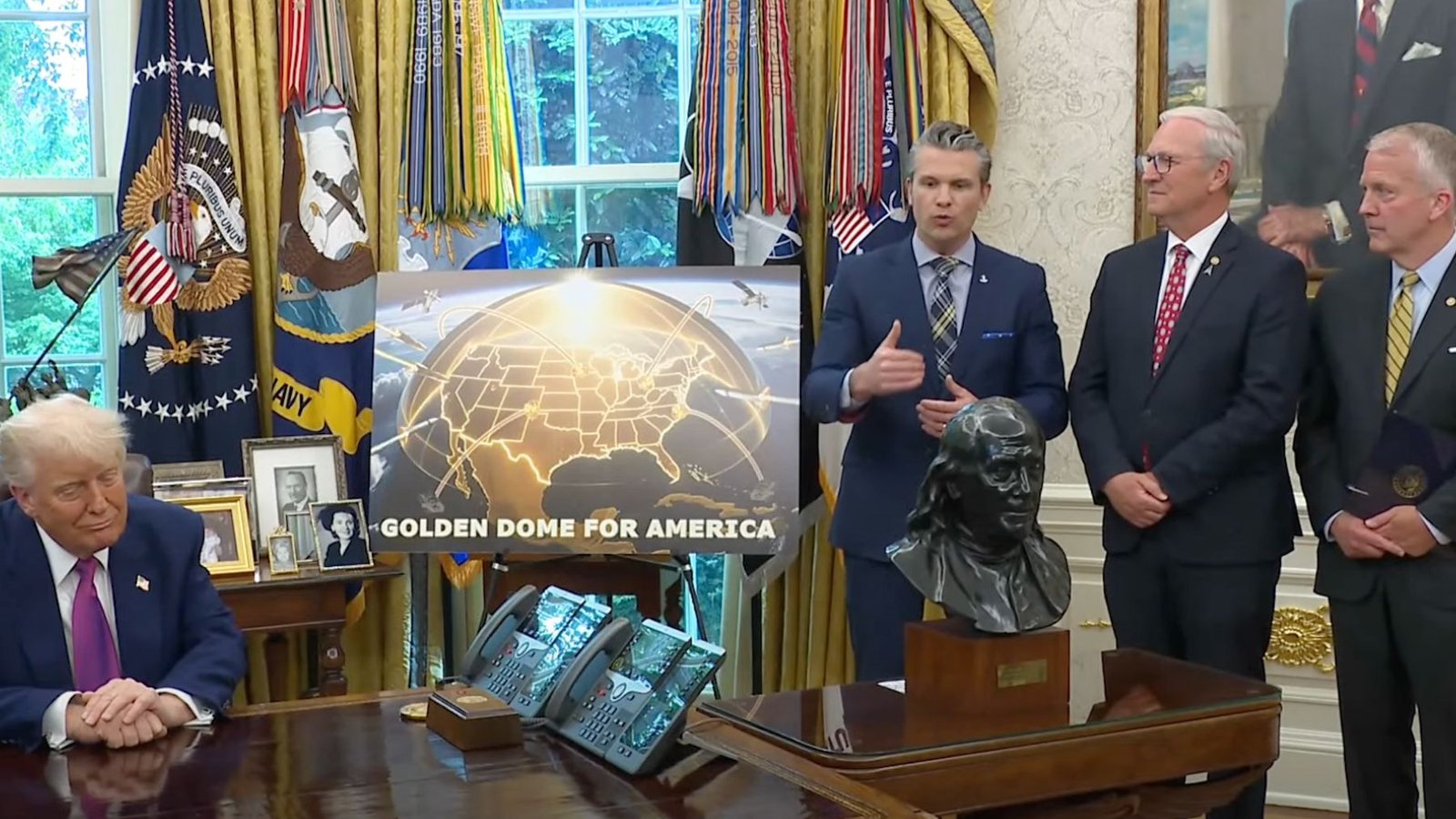
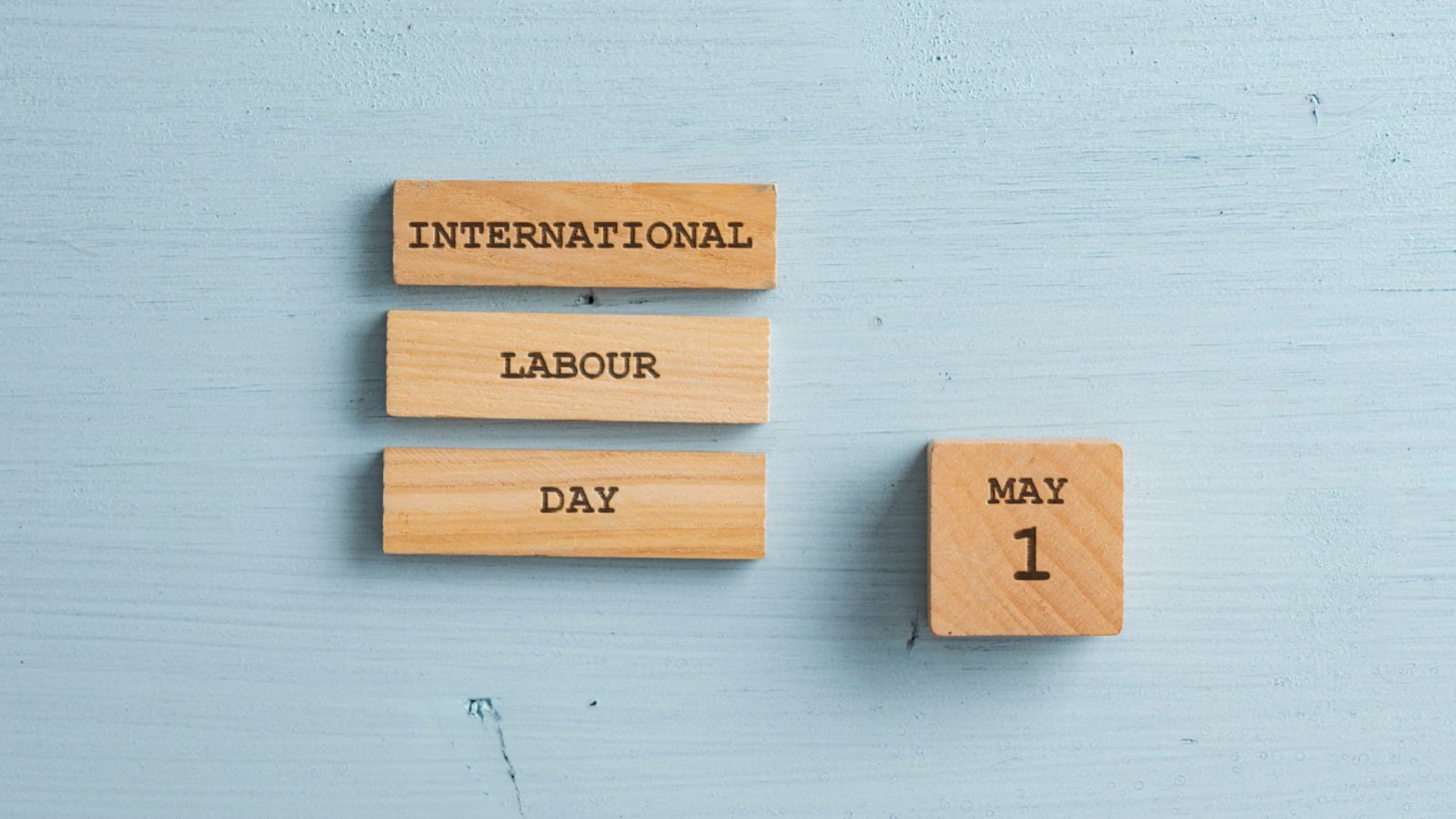
FinTechZoomUs I appreciate you sharing this blog post. Thanks Again. Cool.
Baddiehub Awesome! Its genuinely remarkable post, I have got much clear idea regarding from this post . Baddiehub
Noodlemagazine I’m fairly new to blogging, and I genuinely enjoy your content. This article truly piqued my interest. I’ll save your website and regularly check for new posts.
FlixHQ I genuinely appreciate you sharing this post. Many thanks. Cool.